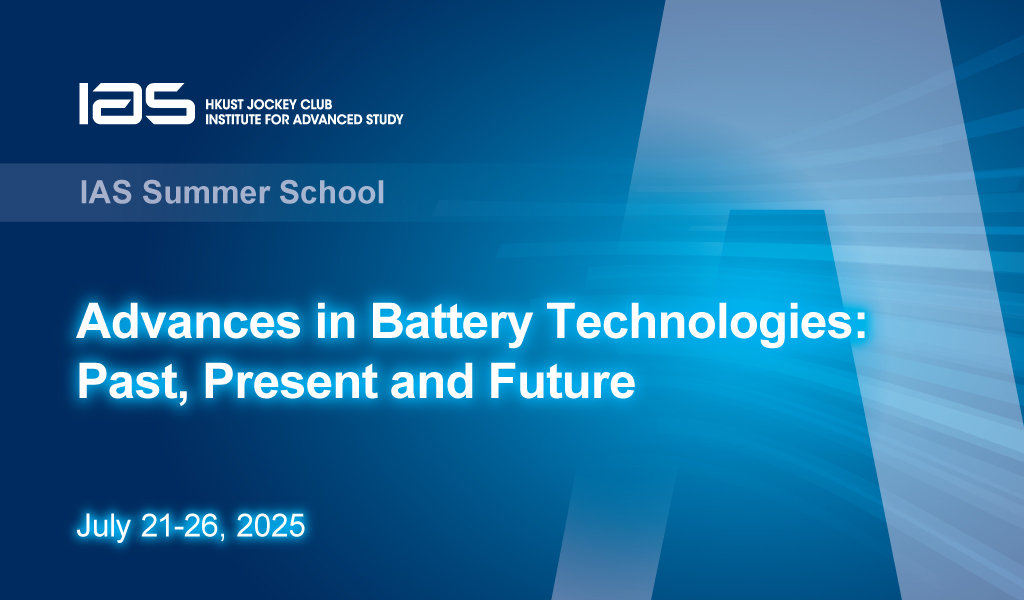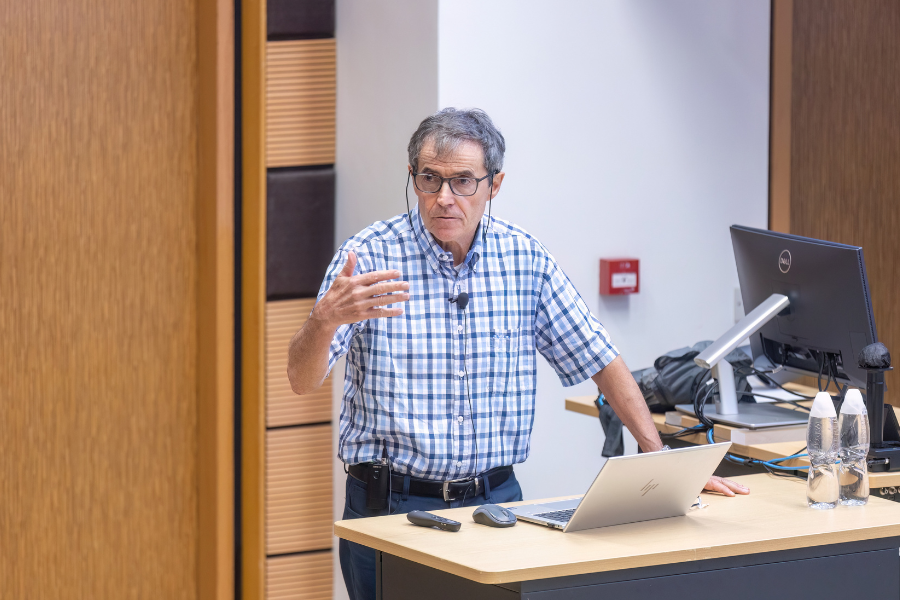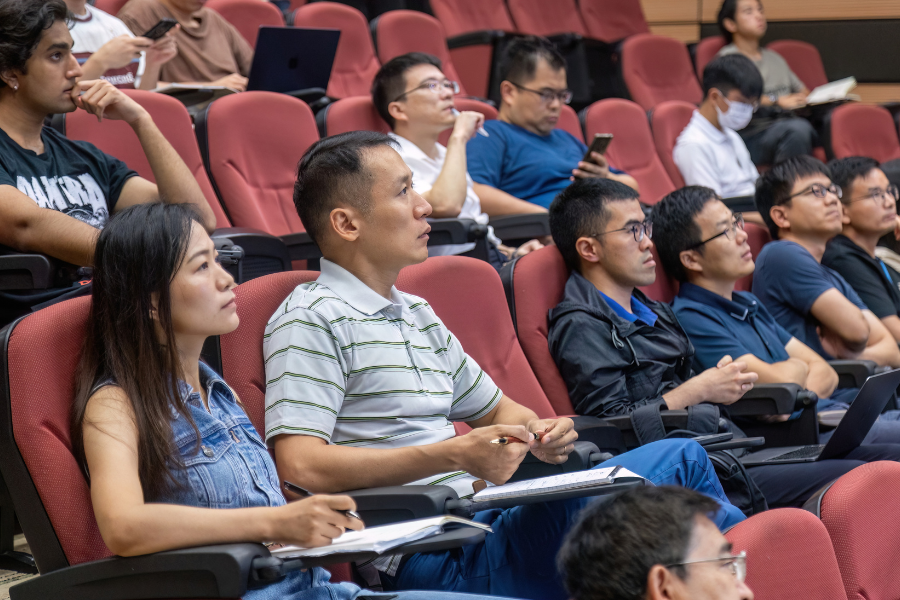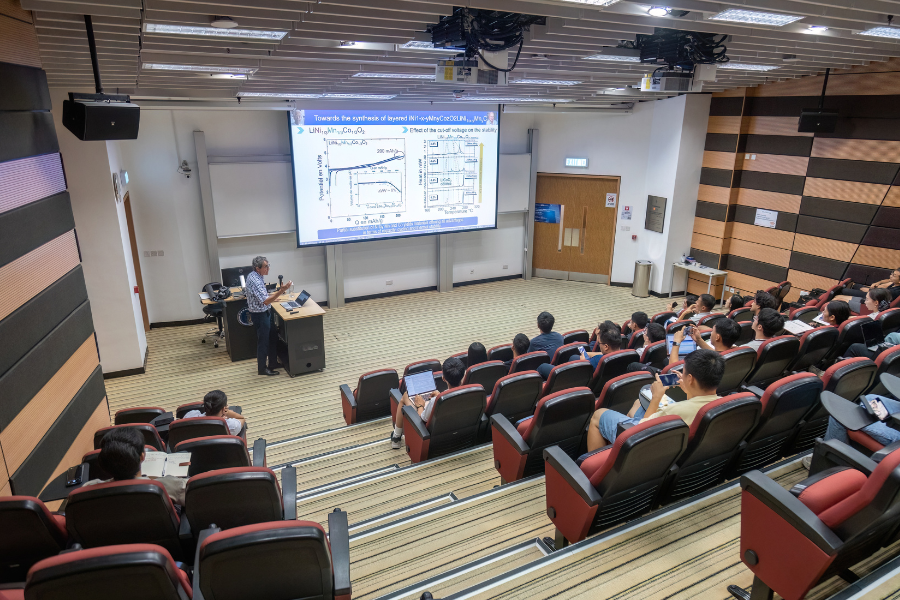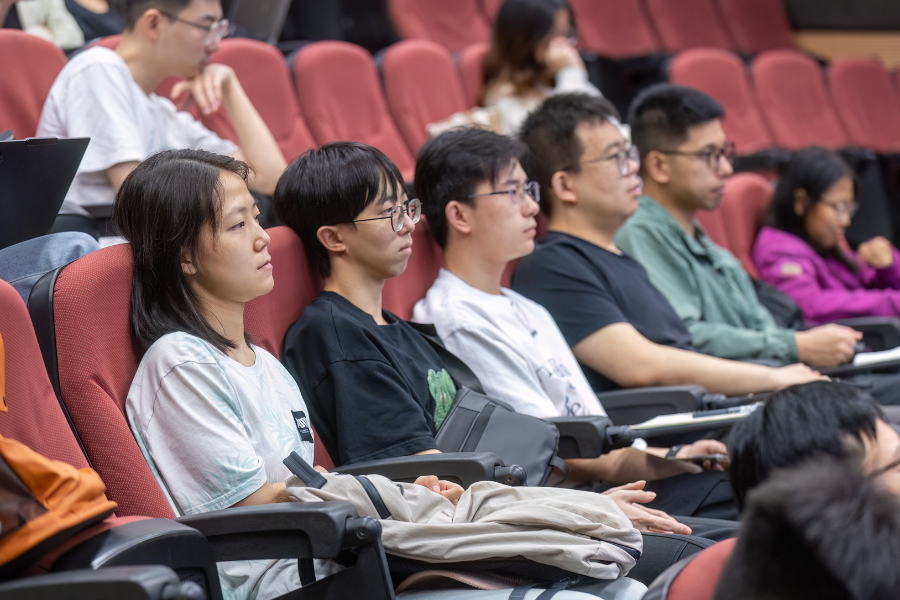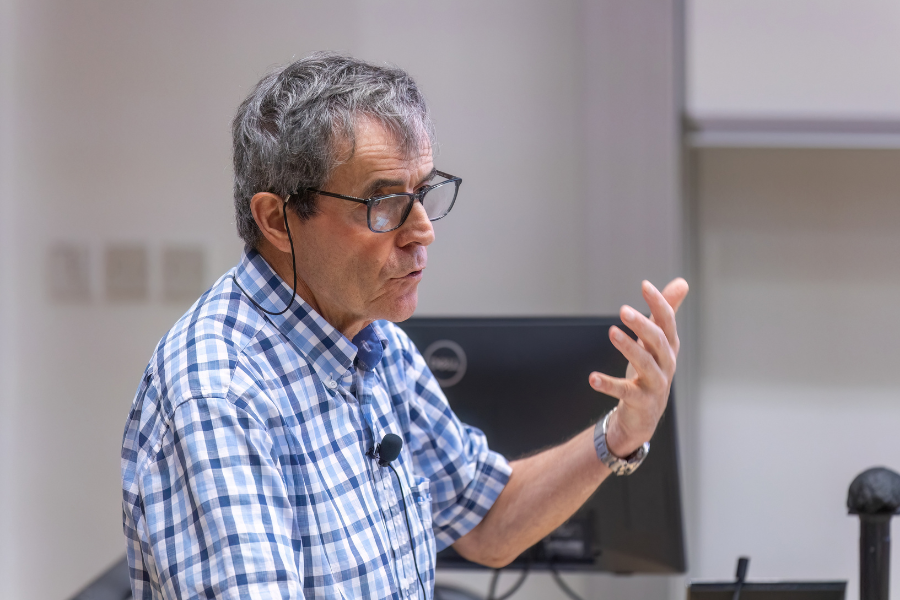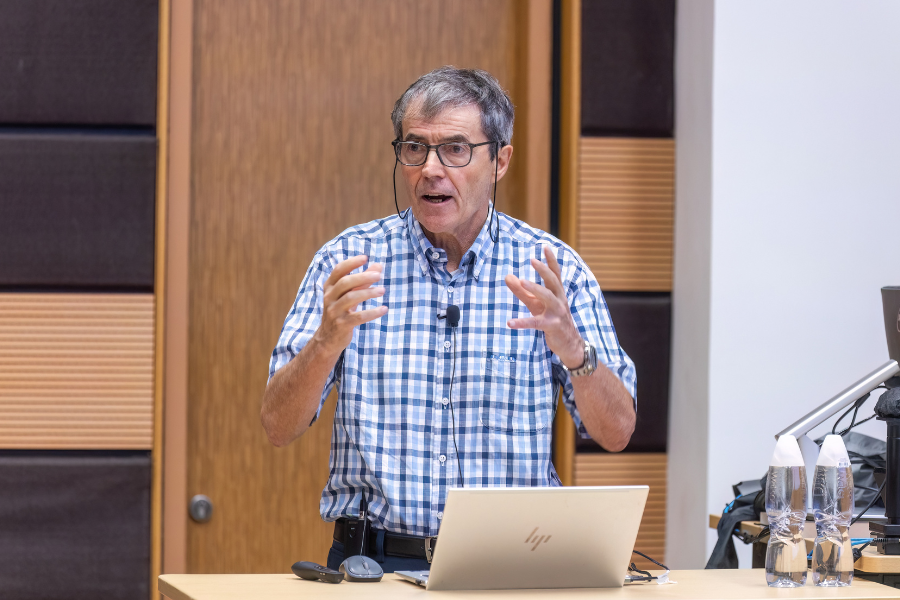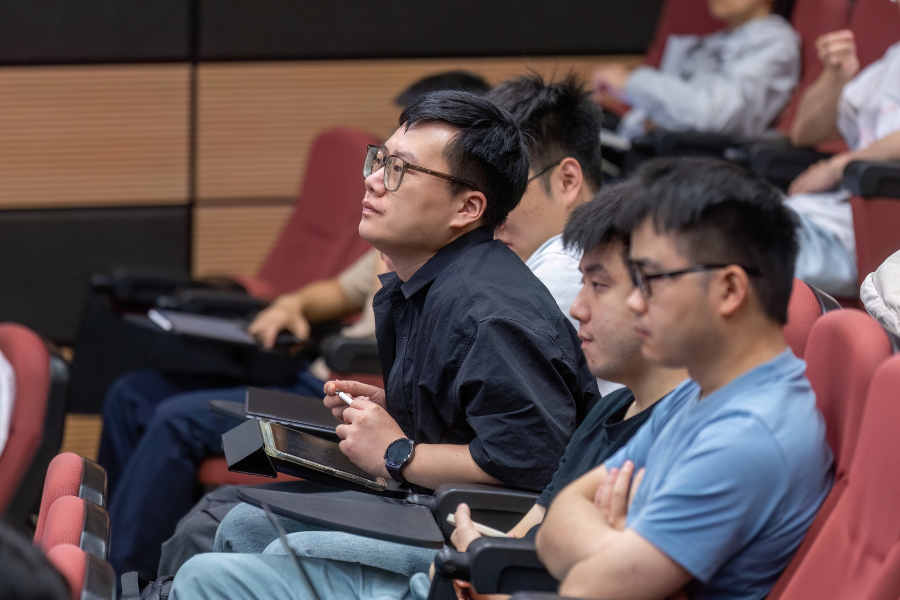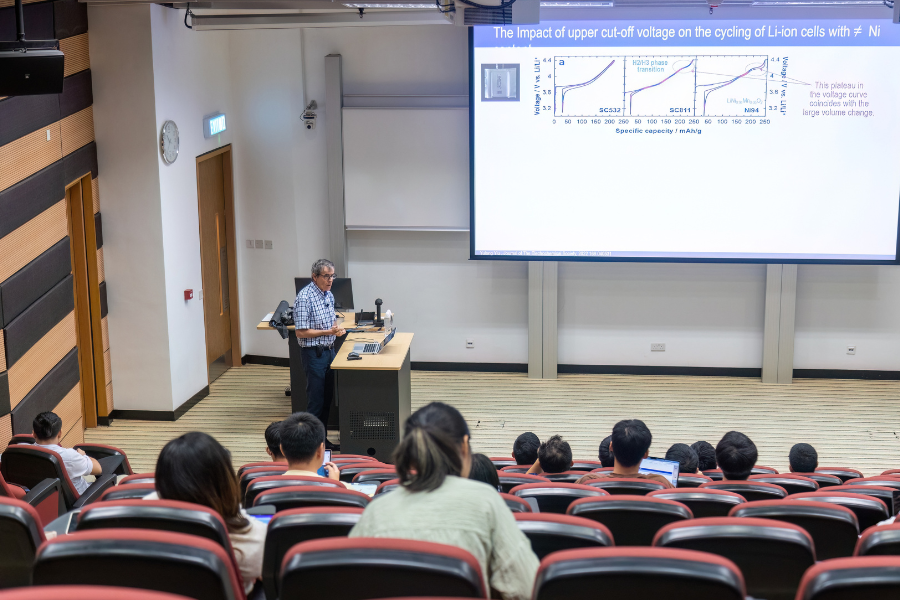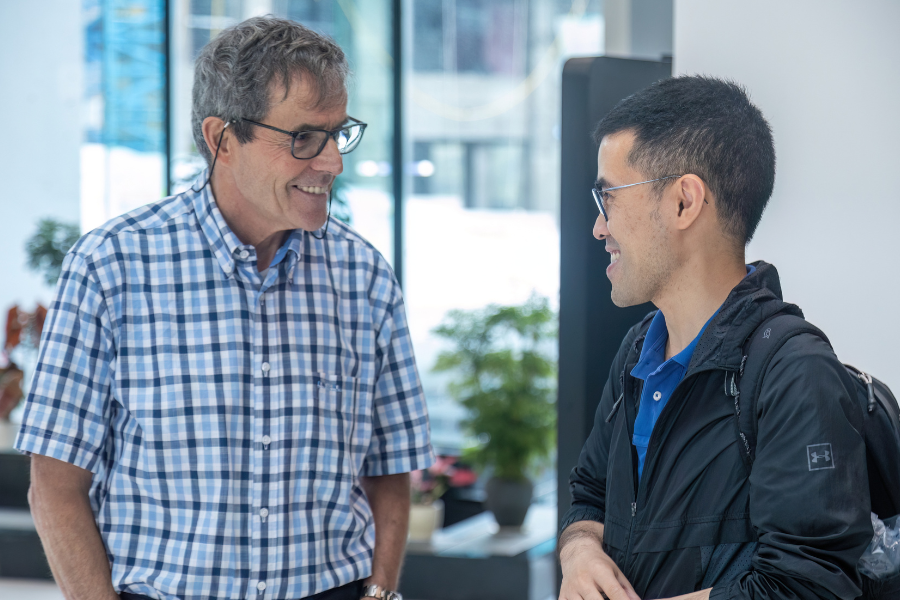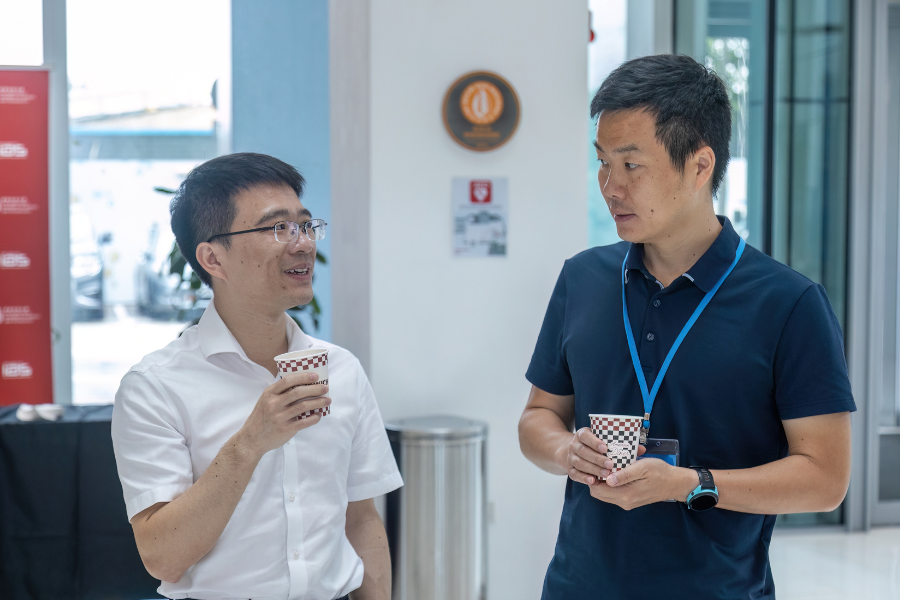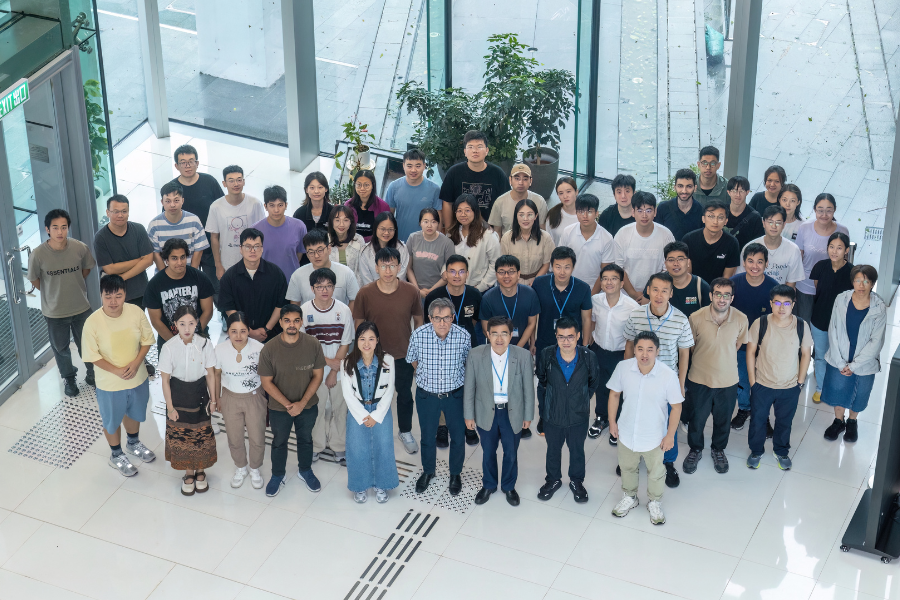Advances in Battery Technologies: Past, Present and Future
Event Website
http://ias.ust.hk/events/202507abt/
Overview
Batteries are among the key technologies to achieve a deep decarbonization of our societies and limit climate change. In particular, the transportation sector—through electric mobility—and the power sector—through the storage of intermittent renewable energy sources—critically depend on batteries that have to be ultrahigh-performance, reliable, safe, sustainable, and affordable. As such, accelerating the energy transition is therefore intrinsically linked to accelerate progress in battery research. Although the Li-ion technology has been the most spectacular breakthrough in electrochemical energy storage over the last century, further performance improvements are needed. This calls for rethinking the way we discover novel materials, engineer interfaces, design batteries with added-value functionalities, and develop cutting-edge monitoring strategies. This series of classes aims to present the fundamental aspects that could pave the way for this new way of thinking, while covering various recent and current advances, thus offering an almost complete picture of the field of battery research today. It will begin with a brief history of the Li-ion batteries, describing the science underlying the insertion processes and explaining how the nature of the positive (layered sulfides to layered oxides and polyanionic compounds) and negative electrodes (carbon -> graphite -> compositel C-Si) has evolved over the years. The proper design of electrolytes with the adding of proper additives together with the mastering of interfaces and interphases via coating techniques, or other methods, will follow, prior the presentation of various technologies beyond Li-ion such as Na-ion, solid state battery, and Zn-MnO2 for instance. It will end with a description, using specific examples, of the science behind the emerging field of battery diagnosis which uses optical sensors for electrolyte screening (or detection of electrode degradation) or for live-monitoring the chemical dynamics of the “black box”, that is the battery, under real world conditions. For the sake of completeness, these classes will be interspersed with seminars organized by expert researchers in areas not fully covered by the main courses, such as redox flow batteries, mechanical properties of interfaces, organic covalent ionic conductors (COFs), data processing using machine learning (ML) tools, among others.
Organizers
-
Minhua SHAO, The Hong Kong University of Science and Technology
-
Jean-Marie TARASCON, Collège de France (IAS Senior Visiting Fellow)
Co-sponsors
-
Collège de France
-
Department of Chemical and Biological Engineering, HKUST
Enquiries
For further enquiries, please contact the program secretariat at ias2025abt@ust.hk.

